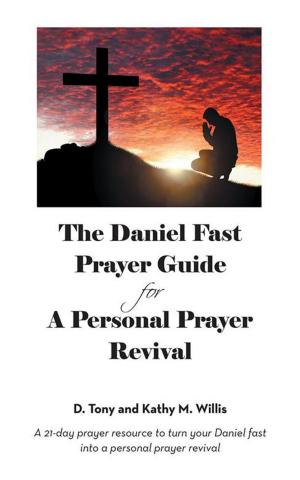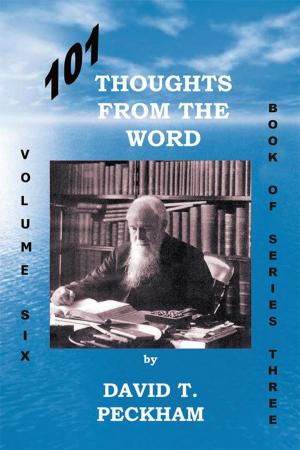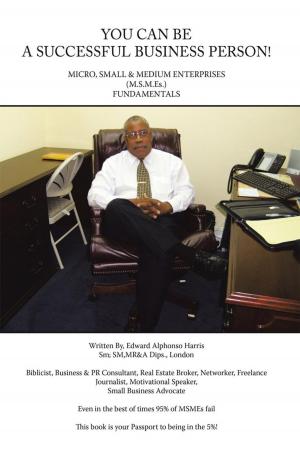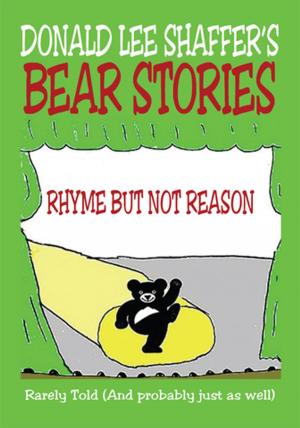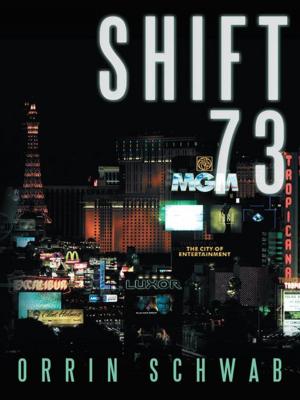| Author: | Myron S. Lubell | ISBN: | 9781481730013 |
| Publisher: | AuthorHouse | Publication: | April 3, 2013 |
| Imprint: | AuthorHouse | Language: | English |
| Author: | Myron S. Lubell |
| ISBN: | 9781481730013 |
| Publisher: | AuthorHouse |
| Publication: | April 3, 2013 |
| Imprint: | AuthorHouse |
| Language: | English |
In 1951 Miami Beach, Florida was one of the most popular resort cities in America; the warm weather and tranquil beaches of this tropical paradise attracted thousands of winter visitors, mostly Jewish tourists who made the two day drive from New York. In addition, the resident population of this small island was primarily from New York. Thus, the city of Miami Beach was sometimes referred to as the SIXTH BOROUGH of New York. However, if you ventured off the island and crossed the beautiful expanse of Biscayne Bay you were in another world; you were in the deep south, where Jews were often envisioned as demons with horns, colored people were second class citizens, and racial laws were reminiscent of Nuremberg and Berlin. Myron Lindell was twelve when he moved from Chicago, where he was a secular Jew, barely aware of his religious or ethnic heritage. But, In Miami Beach, on a Jewish Island, he had an odd feeling he was different. He survived the move by blending fantasy with reality, and if reality was more than he could handle, he escaped by writing adolescent observations in a journal, creating imaginative short stories and essays, which he rarely shared with anyone except his father, a few teachers, and a street smart female classmate. This compilation of memoirs is not a documentary; it is just a testimony to the value of simple memories. Too often, historians have forgotten the individual view, the poetic view, which might be closer to reality than the consensus.
In 1951 Miami Beach, Florida was one of the most popular resort cities in America; the warm weather and tranquil beaches of this tropical paradise attracted thousands of winter visitors, mostly Jewish tourists who made the two day drive from New York. In addition, the resident population of this small island was primarily from New York. Thus, the city of Miami Beach was sometimes referred to as the SIXTH BOROUGH of New York. However, if you ventured off the island and crossed the beautiful expanse of Biscayne Bay you were in another world; you were in the deep south, where Jews were often envisioned as demons with horns, colored people were second class citizens, and racial laws were reminiscent of Nuremberg and Berlin. Myron Lindell was twelve when he moved from Chicago, where he was a secular Jew, barely aware of his religious or ethnic heritage. But, In Miami Beach, on a Jewish Island, he had an odd feeling he was different. He survived the move by blending fantasy with reality, and if reality was more than he could handle, he escaped by writing adolescent observations in a journal, creating imaginative short stories and essays, which he rarely shared with anyone except his father, a few teachers, and a street smart female classmate. This compilation of memoirs is not a documentary; it is just a testimony to the value of simple memories. Too often, historians have forgotten the individual view, the poetic view, which might be closer to reality than the consensus.









